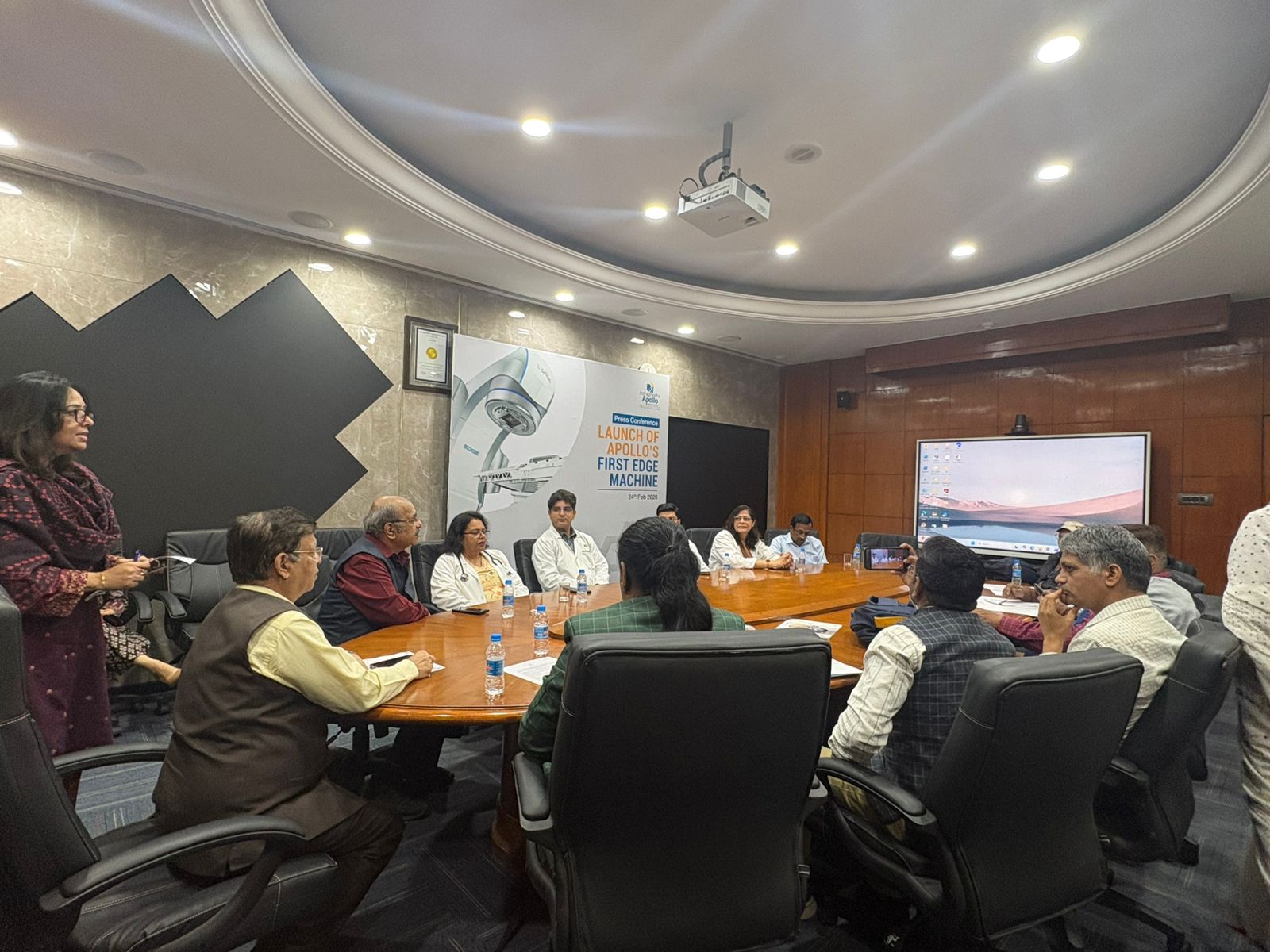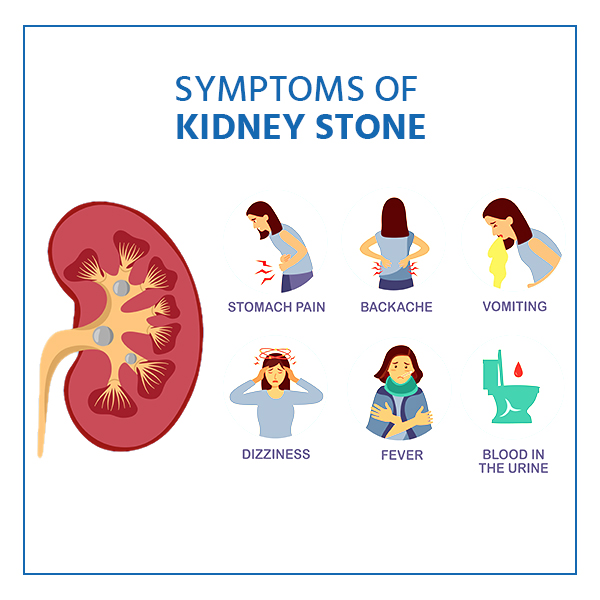Kidney stones can cause incredible pain. You might need to get a heavy dose of pain reliever to lower the pain. It is so sharp that you might need to be rushed to the emergency department because of immense pain.
If left untreated, kidney stones can also lead to urine obstruction by getting blocked in the ureters- that is another excruciatingly painful condition. Therefore you must take care of your kidney health, especially if you are diagnosed with kidney stones. If you have the same condition, you must visit the healthcare provider frequently. To get an expert opinion, you can consult the Best Nephrologist in Karachi.
Kidney stones can be small stones that form in your kidney because of the increased concentration of a particular solute in your body. The size of kidney stones varies widely. Some kidney stones are as small as a grain of sand, while some are as large as a pebble. A few are as large as a golf ball.
Sometimes, kidney stones may be so small for you to realize that you have a kidney stone. But even small kidney stones, in some cases, can cause significant signs and symptoms.
A small kidney stone can be excreted out of your body by increasing the intake of fluids. But a large stone, on the other hand, may obstruct the urinary tract leading to several complications, and you may need to remove such large stones surgically.
Table of Contents
Signs and Symptoms of Kidney Stones
The signs and symptoms of kidney stones depend on the size of the stone. The larger the stone is, the more noticeable the symptoms.
Outlined below are the 5 most common signs and symptoms of kidney stones.
Back Or Flank Pain
Kidney stone pain is also known as renal colic. It is considered one of the most severe types of pain one can imagine.
Usually, the pain starts only when a stone moves into the ureter. The ureter may get blocked, which causes a build-up of pressure in the kidney. This pressure causes pain sensation.
Renal colic often comes and goes in waves. The pain worsens when the ureter contracts to push the stone out. Each wave may last for a few minutes and disappear.
The pain is typically felt along the side and back, below the ribs. It can radiate to the belly and groin region.
Pain or Burning Sensation During Urination
You may start to feel pain when you urinate. That usually happens when the stone reaches the junction between the ureter and the bladder.
The pain is usually sharp and causes a burning sensation when urinating.
Urgency
One may need to go to the bathroom more urgently or frequently than usual because of kidney stones. That indicates that the stone has moved into the lower part of the urinary tract.
Urinary urgency can also mimic a UTI (urinary tract infection) symptom.
Blood In The Urine
Blood in the urine or hematuria is a common symptom in people with kidney stones.
Sometimes the blood cells might not be visible to the naked eye because they are too small to see without a microscope (called microscopic hematuria). In other cases, the person might be able to see the blood in his urine (macroscopic hematuria).
Fever and Chills
Fever and chills can indicate many different diseases in your body. They may indicate an infection in your kidney or another part of your urinary tract. But other symptoms like flank pain or hematuria along with fever and chills might indicate the presence of stones in the kidney.
The Bottom Line
Kidney stones can cause immense pain and lead to complications. Therefore you must take them seriously beforehand. The common symptoms of kidney stones are back pain, flank pain, burning in urine, blood in urine, fever, and chills.
If you are diagnosed with kidney stones, make sure to drink plenty of water. Make sure you drink at least 8 to 10 glasses of water a day. Also, attend follow-up visits with the healthcare provider. To get an expert opinion, you can consult Prof. Dr. Iffat Yazdani.












